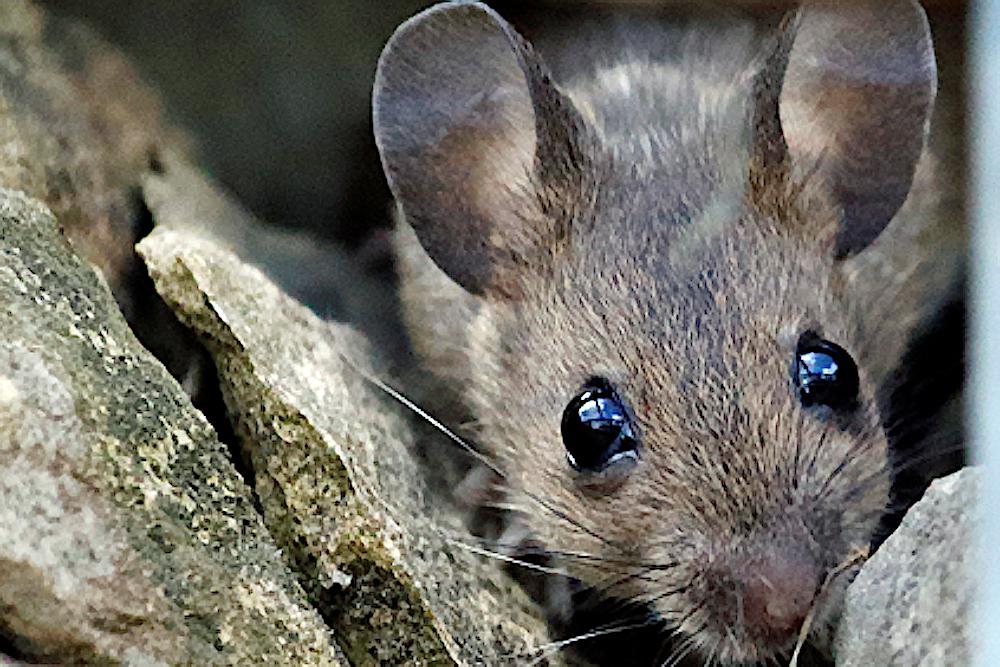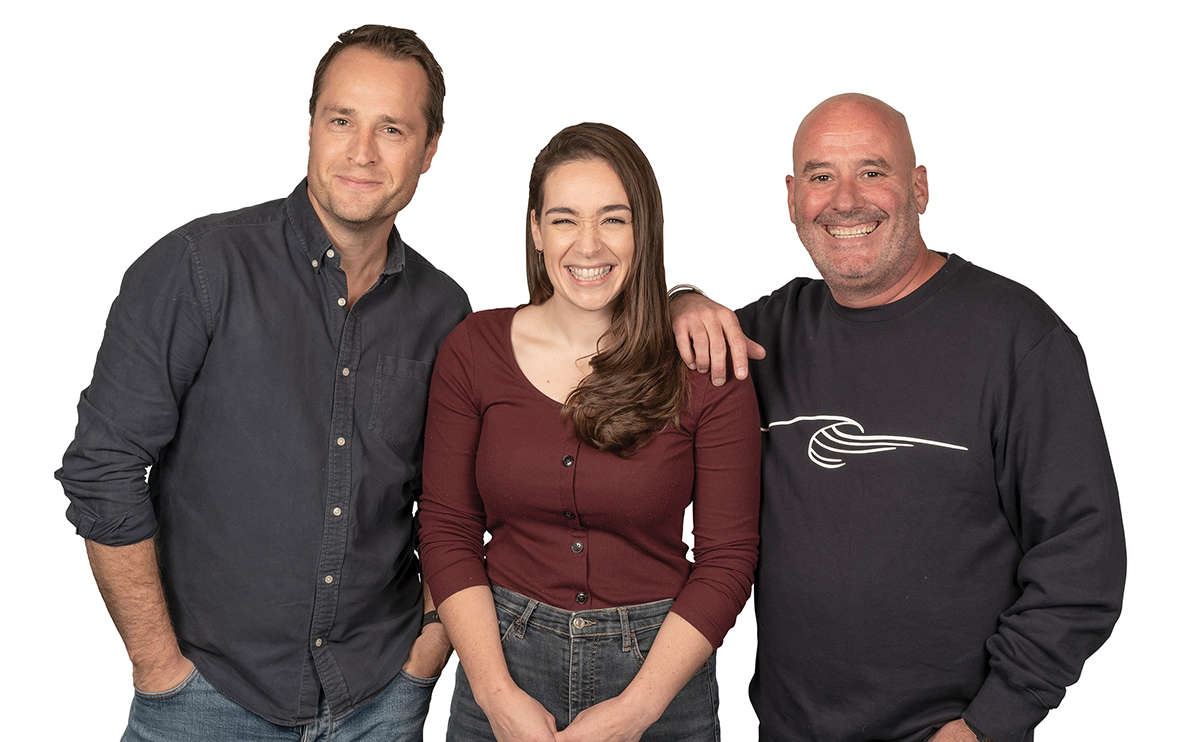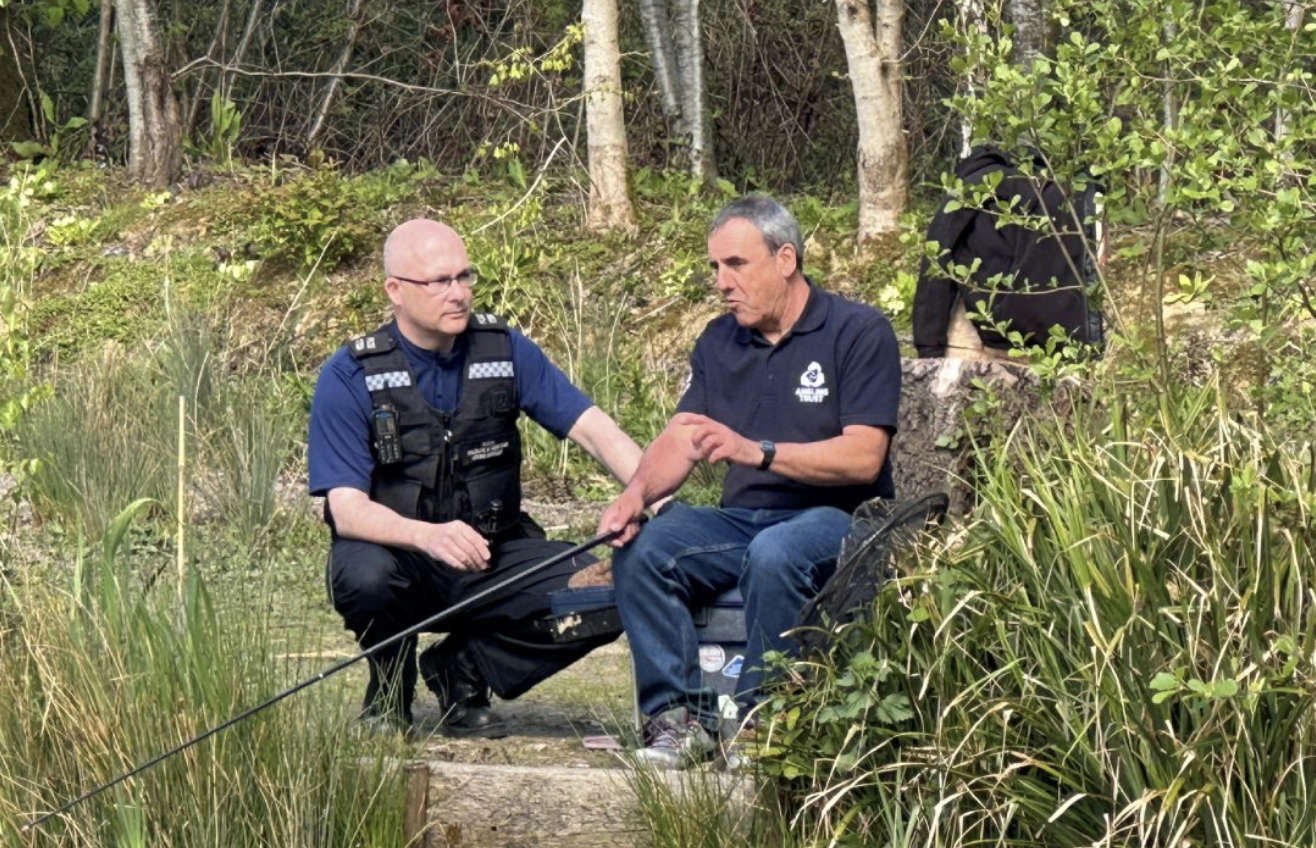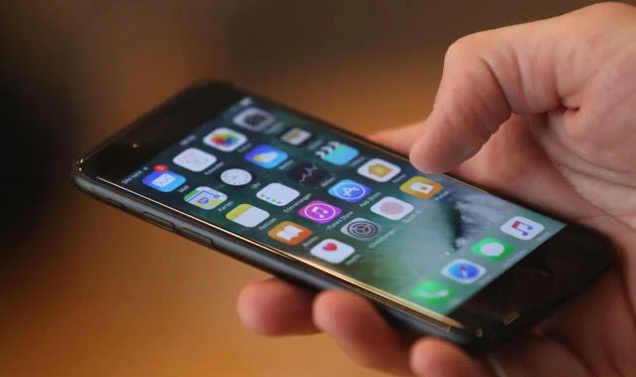
Scientists at the University of Sussex are to trace how plastic waste affects hedgehogs, rabbits, voles and other small, wild mammals in Britain.
Overseen by university's Professor Fiona Mathews, the research looks at how these creatures are affected by plastic pollution, to try to understand how the waste progresses through the food chain, ending up in other creatures including humans.
The university is being partnered in the research by scientists working with The Mammal Society.
The investigation, which will also cover animals such as squirrels, mice, rats and shrews, is expected to find out how much these plastics are eaten, or even entrap the mammals, and go on to uncover the health threat this poses.
Researchers said that, in the UK, food packaging accounts for 67% of plastic waste, which is far higher than that of many overseas countries including those in the EU.
Reports suggest that contamination by microplastic (tiny particles of plastic) on land may be as much as 30 times higher than in marine habitats, yet most attention has focused on sea-life.
And in the studies on limited land-based animal groups, such as worms, soils and chickensm, these results have suggested that microplastics are present in high quantities.
By focusing on small mammals, researchers believe they will be able to assess the health of ecosystems as a whole.
They said that, if small mammals, which are vital prey for a wide variety of species such as foxes, weasels, barn owls and kestrels, are ingesting microplastics, this would have a knock-on impact throughout the food chain.
By studying mice, rats, shrews, rabbits, hedgehogs, squirrels and voles the researchers hope to better understand the current situation and raise awareness of the effects of microplastics on Britain's terrestrial wildlife.
Professor Mathews, who is also Chair of The Mammal Society, said:
"One in five of Britain's mammals is at risk of extinction, and the conservation status of many other species remains unknown.
"It is therefore important to identify, and address, possible threats.
"For example, currently we don't know whether hedgehogs are ingesting microplastics, but given the evidence of microplastics in earthworms, then this seems a likely possibility.
"In addition, small mammals are the most likely group of animals to actively chew larger pieces of plastic, particularly that which has been used for wrapping food.
"This could be a key pathway for microplastics getting into soils, waterways and food webs in terrestrial ecosystems."
Over time, many forms of plastic waste degrade into smaller fragments which can end up in soil and waterways.
In addition, land-based wildlife frequently encounter plastic from sources such as carrier bags, plastic bottles and packaging, and chew on them.
Not only could this be a direct threat to the animals themselves, but the tiny plastic fragments that emerge in their droppings are likely to enter soils and be ingested by worms and other invertebrates.
Through studies in marine ecosystems, it is understood that there are also cumulative effects when smaller organisms that have ingested microplastic are eaten by their predators.
While little is known of the impacts of microplastics on the health of mammals and birds, it has been shown that even small quantities of microplastics can stop normal growth and reduce the chance of successful breeding in animals such as marine worms and snails.
It is therefore vital that research is conducted to find out more about the effects on land animals.
Emily Dempster, a Masters student at the University of Sussex, is leading the research.
She said:
"I am very excited to have the opportunity to work on this for my masters research and to be heading up the first, hugely important, research project into the ingestion of plastics by terrestrial mammals.
"I have started to work on the samples and, worryingly, I've already found a number that appear to contain microplastics."
The results of the study will be published in Summer 2021.


 Witness Appeal Following Eastbourne Hit-And-Run
Witness Appeal Following Eastbourne Hit-And-Run
 Wheelchair Accessible Dining Car Launches At Uckfield's Bluebell Railway
Wheelchair Accessible Dining Car Launches At Uckfield's Bluebell Railway
 Grant Given To Pulborough Fishing Club To Help Reel In Youngsters
Grant Given To Pulborough Fishing Club To Help Reel In Youngsters
 Investigation After 83-Year-Old Woman Found Dead In Tangmere
Investigation After 83-Year-Old Woman Found Dead In Tangmere
 New App To Help Sussex Residents Prepare For The Future
New App To Help Sussex Residents Prepare For The Future
 West Sussex County Council To Spend £26m On Updating System
West Sussex County Council To Spend £26m On Updating System
 Brighton By-Election Candidates Answer Questions From Voters
Brighton By-Election Candidates Answer Questions From Voters
 Two Men Jailed For Crawley Murder
Two Men Jailed For Crawley Murder
 Sussex Police Joins National Stalking Awareness Week
Sussex Police Joins National Stalking Awareness Week
 Driver Sentenced Over Horsham Hit And Run
Driver Sentenced Over Horsham Hit And Run
Comments
Add a comment